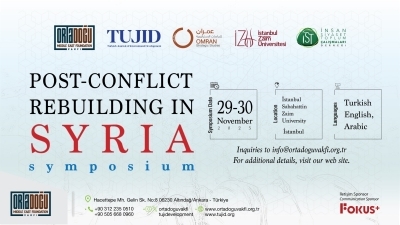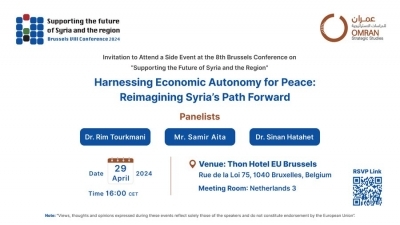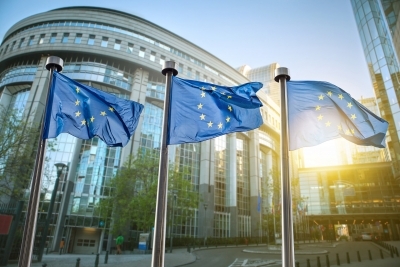Articles
Safe Environment as a Precondition for the Return of Refugees and the Internally Displaced
- Introduction
Forced migration and internal displacement is still the heaviest toll of Syria’s security deterioration. The main political actors continue to struggle with resolving the causes of migration, including absence of security, empowerment, interaction, and safe spaces.
There are a host of challenges including the inability to provide basic services for IDPs and the lack of political coordination between local and international actors to maintain policies and procedures that lead to “dignified and voluntary return”. The local security actors, in turn, have no supporting strategies whether due to threats and challenges or the negative role they play within recovery and development prospects.
Stability is associated with the effectiveness of “local security” structures, which are deeply affected – structurally and functionally – by several governance models and performance, this association significantly affects refugees and IDPs return. This paper investigates indicators of a safe environment as a necessary condition for stability, return of refugees and IDPs and the prevention of further conflicts. This research attempted to raise questions and insights related to existing security structures, the Assad regime and its allies’ in-depth attitude towards such an environment, and finally, broad visions of a safe environment in the Syrian context.
This paper can be regarded as a thematic summary of an in-depth and comprehensive research initiated by Omran Center in the beginning of 2020. The research aimed at exploring several facets of the issue, first facet deals with refugees’ and IDPs’ prospect of return and related security issues. Second facet is related to the concept of relationship between civil society and security structures, as this relationship defines the legal and organizational parameter of a stable and secure environment. The third facet focuses on security indicators that affect people’s daily life, such as explosions, abductions, assassinations, etc. To examine the regime’s approach and attitudes towards national interest, the research was based on two focus groups located in areas the regime gained after 2018.
For More Click Here: https://bit.ly/3nxBki8



